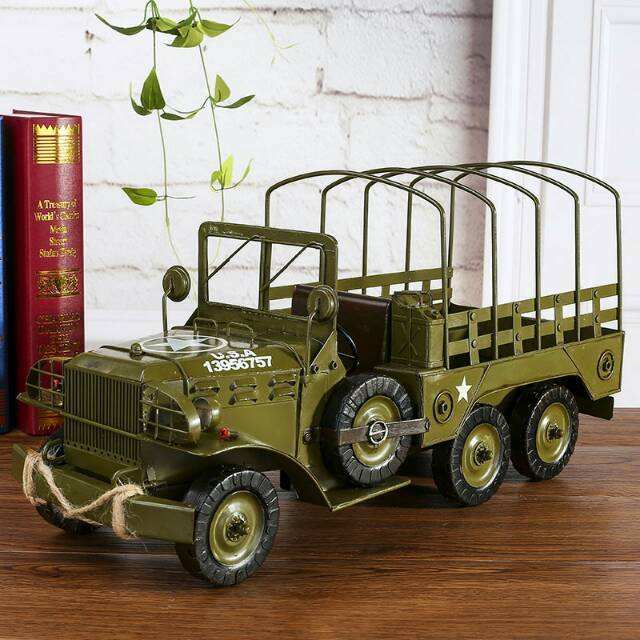1.拿到圖紙:根據(jù)自己的要求設計圖紙�。
1. Get the drawings: design the drawings according to your own requirements.
2.選色噴漆:根據(jù)圖紙設色調(diào)出相應顏色的涂料,噴涂相應的PVC板或3D打印模型�。聚氯乙烯板材需要送至設計部門雕刻。
2. Color selection and painting: paint the corresponding color according to the drawing, and paint the corresponding PVC board or 3D printing model. PVC plates need to be sent to the design department for engraving.
3.零件雕刻:根據(jù)實際情況按比例設計構造����,并在計算機上分解為不同的板片,工業(yè)模型基本上與建筑模型的做法類似�,依圖紙按一定比例縮小,雕刻出板片�����,用氯仿粘合��。
3. Part engraving: according to the actual situation, design and construct according to the proportion, and decompose it into different plates on the computer. The practice of the industrial model is basically similar to that of the architectural model. Reduce it according to a certain proportion according to the drawing, carve the plates, and bond them with chloroform.
4.組合件:根據(jù)說明和粘接方式��,用氯仿將PVC板粘接到工業(yè)模型上�,形成大致形狀。
4. Assembly: according to the instructions and bonding method, the PVC plate is bonded to the industrial model with chloroform to form a rough shape.
5.整體裝配:制作配件��,整體組合模型�����。
5. Overall assembly: make accessories and overall combination model.
6.工業(yè)模型制作并不容易,如果是用于展覽或收藏����,建議選擇模型制作公司。
6. Industrial model making is not easy. If it is used for professional exhibition or collection, it is recommended to choose a professional model making company.
工業(yè)模型根據(jù)制造所用的材料可分為塑料工業(yè)模型和金屬工業(yè)模型:
Industrial models can be divided into plastic industrial models and metal industrial models according to the materials used in manufacturing:

塑膠:主要用于塑料塑料如ABS,PC,PP,PE,PA,POM,PVC��,亞克力等��,主要用于顯示器��,電話機�,家電,電子產(chǎn)品�,交通工具等產(chǎn)品的外殼。
Plastics: mainly used for plastics, such as ABS, PC, PP, PE, PA, POM, PVC, acrylic, etc. it is mainly used for the shell of displays, telephones, household appliances, electronic products, vehicles and other products.
金屬:其原材料為銅����、鐵、鋁�、鋼等金屬,主要是用在產(chǎn)品的強度和美觀上來體現(xiàn)產(chǎn)品的活力��,如筆記本電腦�、手機、MP3播放機��、CD機等一些具有代表性的產(chǎn)品。
Metal: its raw materials are copper, iron, aluminum, steel and other metals, which are mainly used in the strength and beauty of products to reflect the vitality of products, such as notebook computers, mobile phones, MP3 players, CD players and other representative products.
后處理:電鍍��,噴涂���,拉絲,拋光���,噴沙���,彩色印刷,絲印�,移印等表面處理。
Post treatment: electroplating, spraying, wire drawing, polishing, sand blasting, color printing, silk screen printing, pad printing and other surface treatment.
今天的工業(yè)模型已經(jīng)不再是手板那樣簡單了�,它已經(jīng)從數(shù)碼產(chǎn)品、家用醫(yī)療產(chǎn)品和汽車配件變成了大型機械模型和工程模型�。比建筑模型大得多,工藝難度系數(shù)進一步提高�����。按以下類別
Today's industrial model is no longer as simple as a hand board. It has changed from digital products, household medical products and auto parts to large-scale mechanical models and engineering models. It is much larger than the building model, and the process difficulty coefficient is further improved. By the following categories
核電模型�,火電,垃圾電廠�����,風力電廠系列模型。
Nuclear power model, thermal power, waste power plant, wind power plant series model.
(1)火電廠的整體模型��,即機組模型�。
(1) The overall model of thermal power plant is unit model.
(2)汽輪機模式。
(2) Turbine mode.
(3)鍋爐和鍋爐房模式���。
(3) Boiler and boiler room mode.
(4)電廠系統(tǒng)模型演示板����。
(4) Power plant system model demonstration board.
(5)電廠的電力和輔助設備模型����。
(5) Power and auxiliary equipment model of power plant.
(6)核電站、反應堆和反應堆組件�。
(6) Nuclear power plants, reactors and reactor components.
(7)新型能源。
(7) New energy.
(8)清潔能源模式項目�����。
(8) Clean energy model project.
